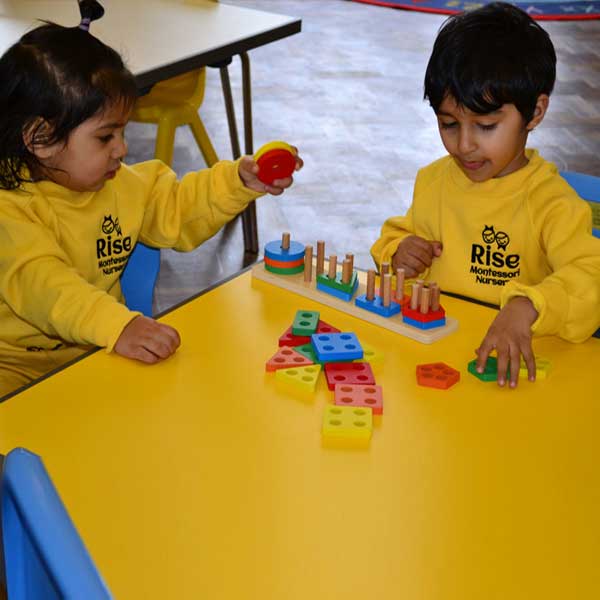Play is often referred to as the work of childhood, and for good reason. It is through play that children explore, discover, and make sense of the world around them. Play-based learning, particularly in early childhood settings like play schools, is not only enjoyable for children but also crucial for their holistic development. Play schools play a vital role in fostering early development through structured yet flexible play-based approaches.
Understanding Play-Based Learning
Play-based learning is an educational approach that centers on child-initiated, hands-on activities designed to promote exploration, creativity, and problem-solving. In play schools, children are encouraged to engage in open-ended play experiences that align with their interests and developmental abilities. Through play, children develop essential skills across various domains, including cognitive, social-emotional, physical, and language development.
Cognitive Development
In play schools, play-based learning activities stimulate children’s cognitive development by encouraging them to think critically, solve problems, and make connections. Whether building with blocks, engaging in imaginative play, or exploring sensory materials, children are constantly making decisions, testing hypotheses, and expanding their understanding of the world.
Social-Emotional Development
Play schools provide a rich social environment where children learn to navigate relationships, express emotions, and develop empathy and cooperation. Through collaborative play experiences, such as pretend play or group games, children learn to communicate, negotiate, and resolve conflicts effectively. These social interactions lay the foundation for positive peer relationships and emotional resilience.
Physical Development
Physical play is integral to children’s physical development, helping them build strength, coordination, and gross and fine motor skills. Play schools offer ample opportunities for active play, both indoors and outdoors, allowing children to run, jump, climb, and explore their physical capabilities in a safe and supportive environment.
Language Development
Language-rich environments in play schools promote the development of early literacy and language skills. Through storytelling, singing, and conversations with peers and caregivers, children expand their vocabulary, improve communication skills, and develop a deeper understanding of language structures and concepts. Play-based activities also encourage children to express themselves creatively through language, fostering confidence and self-expression.
Promoting Creativity and Imagination
Play schools celebrate and nurture children’s innate creativity and imagination. Open-ended materials, such as art supplies, dress-up costumes, and loose parts, inspire children to explore, experiment, and create without fear of judgment. Imaginative play scenarios allow children to express themselves, explore different roles and perspectives, and make sense of their experiences.
Supporting Individualized Learning
One of the strengths of play-based learning is its ability to cater to individual differences and learning styles. Play schools embrace the uniqueness of each child, providing opportunities for personalized learning experiences. Teachers observe and scaffold children’s play, offering guidance and support as needed to extend their learning and challenge them appropriately.
In conclusion, play-based learning is a powerful approach to early childhood education that lays a solid foundation for lifelong learning and development. Play schools play a vital role in nurturing children’s curiosity, creativity, and joy of learning through rich and meaningful play experiences. By prioritizing play-based learning, we can ensure that every child has the opportunity to thrive and reach their full potential.

